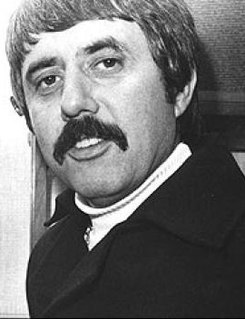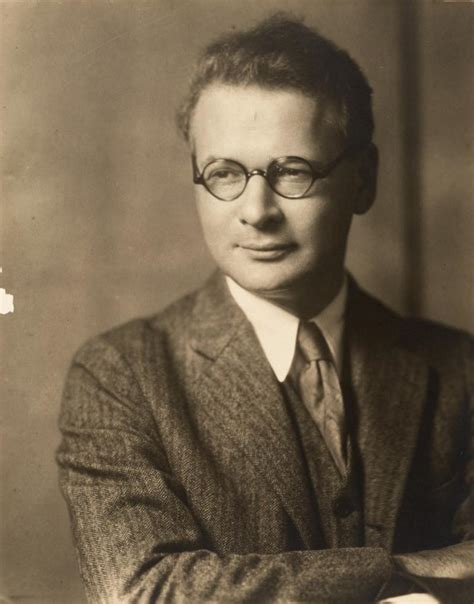A Quote by Paul Feyerabend
Given any rule, however ?fundamental? or ?necessary? for science, there are always circumstances when it is advisable not only to ignore the rule, but to adopt its opposite.
Related Quotes
Given any rule, however "fundamental" or "necessary" for science, there are always circumstances when it is advisable not only to ignore the rule, but to adopt its opposite. For example, there are circumstances when it is advisable to introduce, elaborate and defend ad hoc hypotheses, or hypotheses which contradict well-established and generally accepted experimental results, or hypotheses whose content is smaller than the content of the existing and empirically adequate alternative, or self-inconsistent hypotheses, and so on.
10 Rules for Being Human: Rule #1 - You will receive a body. Rule #2 - You will be presented with lessons. Rule #3 - There are no mistakes, only lessons. Rule #4 - The lesson is repeated until learned. Rule #5 - Learning does not end. Rule #6 - "There" is no better than "here". Rule #7 - Others are only mirrors of you. Rule #8 - What you make of your life is up to you. Rule #9 - Your answers lie inside of you. Rule #10 - You will forget all this at birth.
. . . [Y]ou must understand that we have always considered the writing of books a hindrance to our work, and that for this reason the custom was not to be introduced into the Company. However, since no rule, however general, does not have some exception, we shall see whether it is advisable to have yours printed.
I'm in no position to hand down any advice," he said, "but there's a rule I follow when I don't know what to do." "A rule?" "If you have to choose between something that has form and something that doesn't, go for the one without form. That's my rule. Whenever I run into a wall I follow that rule, and it always works out. Even if it's hard going at the time.
Welcome to Fight Club. The first rule of Fight Club is: you do not talk about Fight Club. The second rule of Fight Club is: you DO NOT talk about Fight Club! Third rule of Fight Club: if someone yells “stop!”, goes limp, or taps out, the fight is over. Fourth rule: only two guys to a fight. Fifth rule: one fight at a time, fellas. Sixth rule: the fights are bare knuckle. No shirt, no shoes, no weapons. Seventh rule: fights will go on as long as they have to. And the eighth and final rule: if this is your first time at Fight Club, you have to fight.
My rule has been, so far as I could have any rule (I could have no cast-iron rule) - my rule has been, to write what I have to say the best way I can - then lay it aside - taking it up again after some time and reading it afresh - the mind new to it. If there's no jar in the new reading, well and good - that's sufficient for me.
The democratic rule that all men are equal is sometimes confused with the quite opposite idea that all men are the same and that any man can be substituted for any other so that his differences make no difference. The two are not at all the same. The democratic rule that all men are equal means that men's being different cannot be made a basis for special privilege or for the invidious advantage of one man over another; equality, under the democratic rule, is the freedom and opportunity of each individual to be fully and completely his different self. Democracy means the right to be different.








































